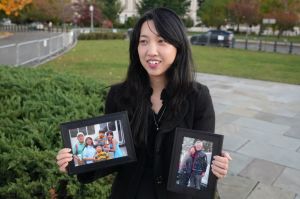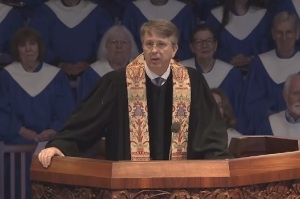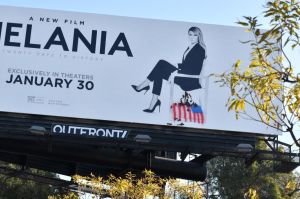Supreme Court presses Maine on if tuition aid program discriminates against religious schools
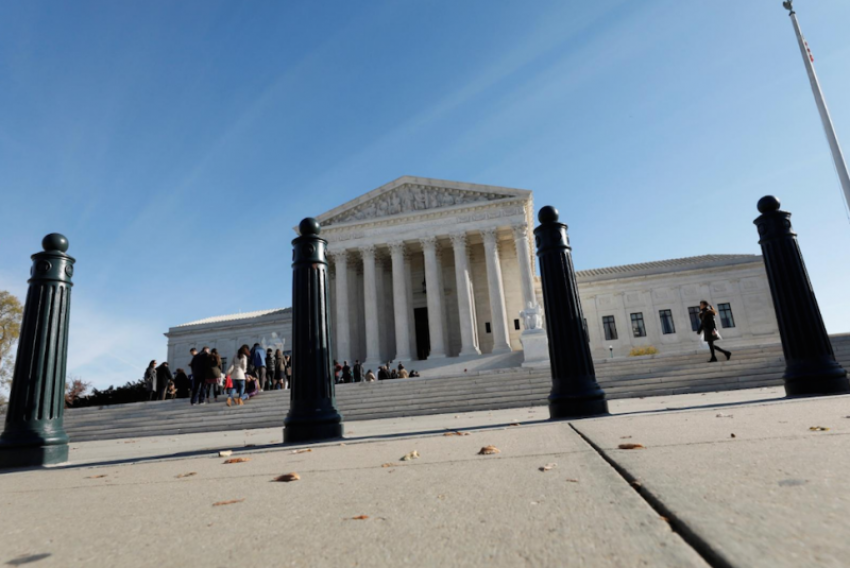
The U.S. Supreme Court questioned Maine about whether a tuition assistance program discriminates against private schools where religion is prominent in their curriculum.
The high court heard oral arguments for nearly two hours on Wednesday morning in the case of Carson v. Makin. The legal battle centers on a group of parents suing Maine over the limitations of a program that provides taxpayer-funded tuition dollars to parents residing in remote areas where there is no public school available for their children to attend.
The parents take issue with the state's ban on using funds from the tuition assistance program to send children to any private school that has religious aspects to its curriculum.
Michael Bindas of the Institute for Justice argued the case on behalf of parents, who described Maine's program restriction as unconstitutional "religious discrimination."
Bindas expressed concern about a lower court decision, which determined last year that Maine could prohibit private schools from the program if their curriculum was considered too religious.
"Religious schools, after all, teach religion. Just as a soccer team plays soccer or a book club reads books," stated Bindas in his opening remarks. "Yes, it is part of what they do; it is also part of who they are."
Justice Stephen Breyer, one of the liberal jurists on the nation's high court, asked about the policies of the Christian schools. Specifically, he wondered whether they discriminate based on sexual orientation by possibly not allowing gay teachers.
Bindas countered that the Maine Human Rights Act exempted religious schools from anti-discrimination employment law, then added that even schools adhering to anti-discrimination law are also barred if their curriculum is seen as too sectarian.
Breyer predicted that "if the state must give money to the schools, they're going to get into all kinds of religious disputes."
In response to the justice's concern, Bindas countered by noting that the program does not directly fund schools but rather gives money to parents, who in turn choose a school.
"That private independent choice severs the link between government funds and religious instruction," Bindas continued. "It's saying, 'use it where you will.'"
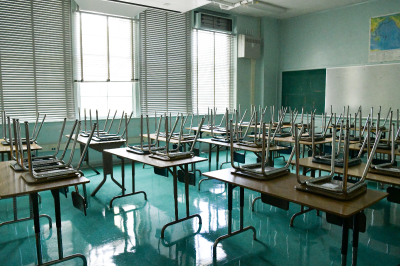
Justice Elena Kagan, another liberal jurist, contended that because one has freedom of religious expression, that does not mean that the government has to fund it. She asked Bindas, "why does the state ... have to subsidize the exercise of a right?"
"This is not subsidizing the ... exercise of a right. It is conditioning the availability of an otherwise available public benefit on the surrender of a constitutional right," he responded.
Maine Chief Deputy Attorney General Christopher Taub delivered arguments on behalf of the state. He said that the tuition program was meant to give students "a free public education," not one that includes overtly sectarian aspects.
"The reason that schools that promote a particular faith are not eligible to participate is simple," said Taub in his opening remarks. "Maine has determined that as a matter of public policy, public education should be religiously neutral."
Justices Clarence Thomas and Samuel Alito, two of the conservative jurists on the court, asked Taub to provide an example of a religious private school that could qualify for the tuition assistance program.
Taub gave an example of a private school that, while having the "trappings" of religious elements, nevertheless provided a curriculum that was neutral on faith matters.
"Your chemistry class is going to be taught the same as a public school chemistry class. Your science and ... math classes are going to be taught the same way," explained Taub.
"And the one thing that's not going to be occurring in those schools is that they're not going to be inculcating children with a particular religion."
Chief Justice John Roberts, a swing vote on the conservative-majority court, expressed concern over the program. He noted that the Supreme Court has previously opposed allowing "the government to draw distinctions between religions based on their doctrine."
Taub countered by saying that they were drawing distinctions based on "what the school is going to promote." He said that if a private school made its sectarian classes and practices like chapel attendance "optional," that it was "likely" that it would be eligible for the program.
Additionally, Taub maintained that if a private school were overtly anti-religious, it would also be ineligible, as it would not be neutral on faith matters.
"The goal of the program is religious neutrality," stated Taub. "We've never heard of a school that's anti-religious, a school that teaches that all religion is bad. But ... it's clear that such a school would not be religiously neutral."
Justice Amy Coney Barrett asked Taub, "how would you even know if ... a school taught all religions are bigoted and biased," noting that there was "no formal examination" into the curriculum.
Taub acknowledged that while there was a lack of a specific examination for schools applying for the program, state officials do their own research on the academic institution.
U.S. Deputy Solicitor General Malcolm Stewart also presented arguments in favor of Maine. He said that the state had an "anti-establishment interest" in keeping the program standard.
"The religious instruction these schools provide is, by the school's own account, not severable from the secular components of their instructional programs," said Stewart.
The plaintiffs in the original lawsuit, which dates back to 2018, included the Carsons, whose children were enrolled at Bangor Christian School, and the Nelsons, who wanted to transfer their children to Temple Academy, a sectarian school.
A U.S. District Court ruled against the parents in June 2019. A three-judge panel of the U.S. Court of Appeals for the First Circuit upheld the decision last October.
Circuit Judge David Barron, an Obama appointee, authored the panel opinion. He concluded that the Supreme Court decision Espinoza v. Montana Department of Revenue, which ruled that religious schools can qualify for a state tax credit program, differentiated between "discrimination in handing out school aid based on the recipient's affiliation with or control by a religious institution" and "discrimination in handing out that aid based on the religious use to which the recipient would put it."
"This restriction, unlike the one at issue in Espinoza, does not bar schools from receiving funding simply based on their religious identity — a status that in and of itself does not determine how a school would use the funds that it receives to provide educational instruction," ruled Barron.
"Instead, we understand this restriction to bar BCS and TA from receiving the funding based on the religious use that they would make of it in instructing children in the tuition assistance program."
In February, attorneys representing the parents filed an appeal to the U.S. Supreme Court, which issued an order in July agreeing to hear oral arguments in the case.

















